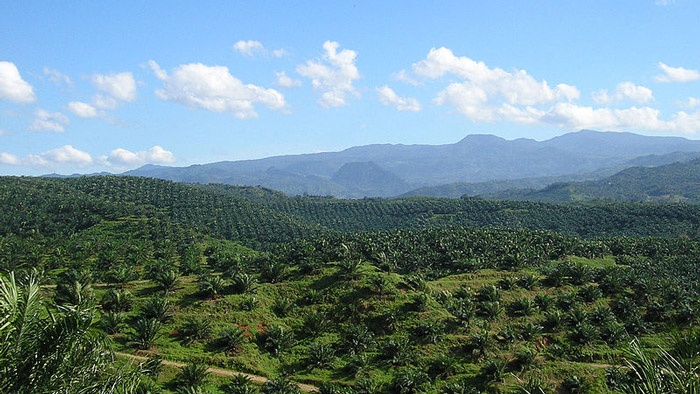
European Commission imposes countervailing duties on Indonesian biodiesel
The European Commission, the European Union’s executive arm, yesterday imposed temporary duties of from 8% to 18% on imports of subsidized biodiesel from Indonesia, warning that it could impose permanent measures by the end of the year. The measure aims to restore a level playing field for EU biodiesel producers, the commission said.
In December 2018, the European Biodiesel Board (EBB) filed an anti-subsidy complaint on behalf of 14 EU biodiesel producers, which together represent more than 25% of total EU production. Additionally, the complaint was supported by other EBB members, representing more than 60% of the total EU production.
The EU biodiesel market is worth an estimated EUR9 billion (USD10 billion) a year, with imports from Indonesia of up to EUR400 million (USD447 million).
Prior to this announcement, biodiesel from Indonesia was subject to 0% EU customs duty upon importation, while the duty rate payable when biodiesel is imported to the EU from third countries is normally between 3.5 to 6.5%.
The commission’s investigation found that Indonesian biodiesel producers benefitted from grants, tax benefits and access to raw materials. The most important raw materials for biodiesel production in Indonesia is palm oil, though the focus of the investigation was on the possible subsidization of biodiesel production, irrespective of the raw material used. Indonesia is the world’s largest producer of palm oil, accounting for 35% of total global production.
The complainant identified 10 countervailable subsidy schemes in Indonesia. They include, notably, the biodiesel subsidy fund, the provision of palm oil for less than adequate remuneration through palm oil export constraints, the income tax benefits for listed investments and the preferential export financing and guarantees provided by the Indonesia Eximbank.
The subsidies received by Indonesian biodiesel producers are significant, the complaint said. The recent EU Court’s rulings combined with the structural overcapacities of the Indonesian biodiesel industry and the trade diversion resulting from the recent imposition by the U.S.A. of stiff anti-dumping and countervailing duties against biodiesel imports from Indonesia have led to a rapid recurrence of subsidized biodiesel imports from Indonesia on the EU market.
At the end of August 2018, more than 535,000 tonnes of “unfair” biodiesel from Indonesia entered the EU market. Thus, in a six-month period, Indonesian biodiesel producers were able to export already half of the total volume of “unfair” Indonesian biodiesel exported to the EU in 2011, before the European Commission initiated its anti-dumping investigation.
The increasing volume of subsidized biodiesel imports from Indonesia to the EU has created a “significant threat of imminent material injury” to the EU biodiesel industry, the complaint said.
In retaliation to the EU’s decision, Indonesia is looking at hiking existing tariffs on EU dairy products, which currently range from 5-10%.
echo '







